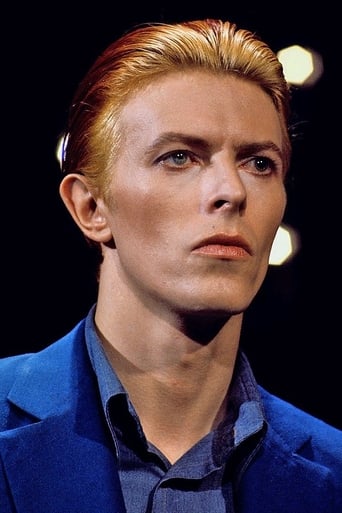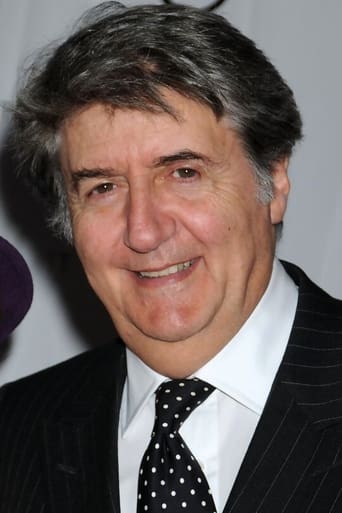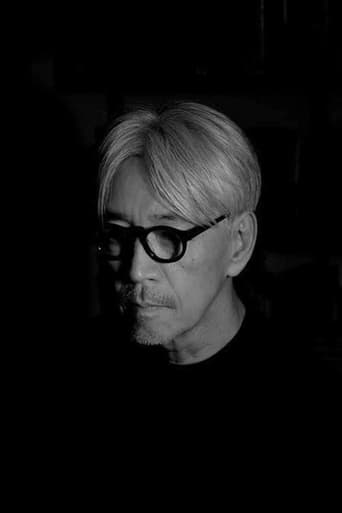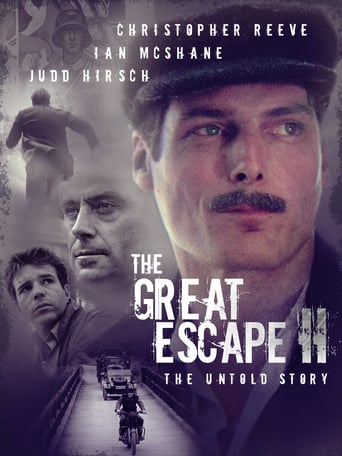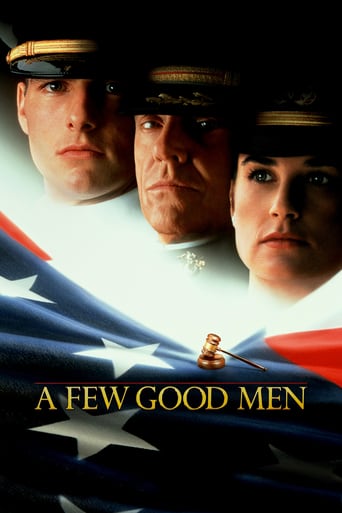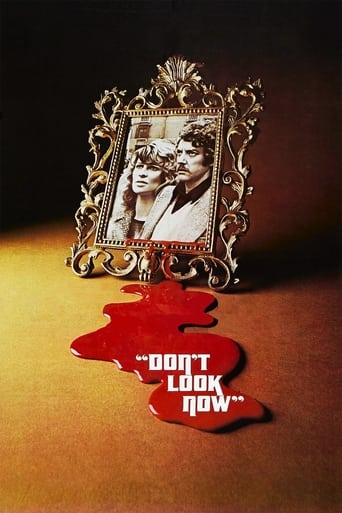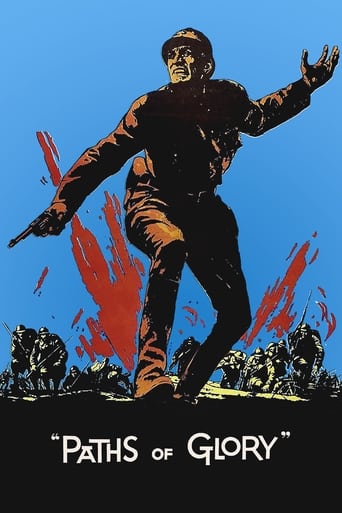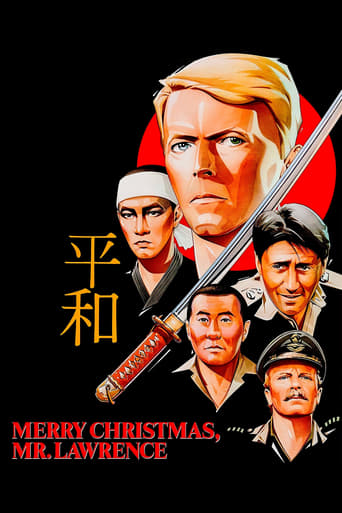
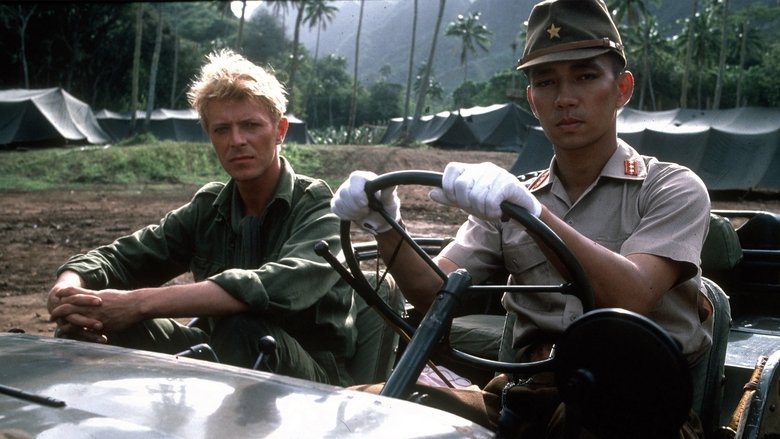
Merry Christmas, Mr. Lawrence (1983)
Island of Java, 1942, during World War II. British Major Jack Celliers arrives at a Japanese prison camp, run by the strict Captain Yonoi. Colonel John Lawrence, who has a profound knowledge of Japanese culture, and Sergeant Hara, brutal and simpleton, will witness the struggle of wills between two men from very different backgrounds who are tragically destined to clash.
Watch Trailer
Cast


Similar titles
Reviews
This great film by Oshima strikes me as a mirror reflection of his earlier work of avant-eroticism, In the Realm of the Senses. In both pieces, power and desire threaten, in different, competing ways, to usurp subjective humanity. The earlier movie took place just as the fascist Japanese war machine was fully consolidating itself. The self-effacing abandonment to libidinal joy is presented as the only way to escape a society that would crush the individual by controlling it. To completely abandon control of the self was the only way to escape control by the state. Unfortunately, both too much and too little power and control lead to death and/ or madness. In this later film, set predominantly during the war in Asia, power has already claimed subjectivity as its captive. Desire still reveals itself, but only through momentary cracks in power's control of the subject. Power must reassert itself all the more brutally after this lapse. Desire therefore results in the greatest suffering, albeit with none of the self-destructive liberation seen in Realm. The only real hope offered in Merry Christmas, however, still come from momentary lapses of power's control. This slight hope is not the result of desire, but of the intimacy that control accidentally engenders between captive and captor (both of whom are controlled).
Merry Christmas Mr. Lawrence is, as the title would suggest, about as far from your typical old-fashioned prisoner-of-war movie as it can get. This film is about Allied officers in a Japanese prison but instead of being about escape attempts, as so many films in this genre are, it's instead a treatise on the human condition that explores the nature of warfare and the human spirit in its fight for justice and honour. The film I would most liken it to is HELL IN THE PACIFIC.Essentially this is a film about four men whose lives intertwine as the sometimes shocking events in the camp play out. Tom Conti is the straight man through whom we experience the film; he's good, but he has his thunder stolen by the others. Ryuichi Sakamoto has the toughest role as the camp commander driven by old-fashioned ideals and conflicted by personal desire; he also contributed the film's unusual, effective score. David Bowie is the headlining character and makes his role charming with seeming effortlessness. Best of the bunch is the great Japanese Yakuza actor 'Beat' Takeshi, playing an unusual and ambiguous character; he gets the final scene to himself, which just so happens to be the film's most moving moment.
It's 1942 in a Japanese POW camp in Java. Sgt. Hara is a sadistic guard unable to understand the prisoners' willingness to accept shame. British officer Col. John Lawrence is the Japanese speaking leader of the prisoners. Camp commander Capt. Yonoi joins in the court-martial of Maj. Jack Celliers (David Bowie) for leading a native revolt against the Japanese. Celliers is adjudicated a POW and Yonoi takes an interest in him.These are four compelling characters. Tom Conti is solid. Ryuichi Sakamoto is interesting. Takeshi Kitano is absolutely brilliant. David Bowie delivers a mercurial performance. I want the plot to be bigger and more intense. It's also a bit long and meanders in the second half. I do love the final scenes with Hara and Lawrence.
This movie is war story. There are a lot of brutal scene. I could know war situation and Japanese army. In past, Japanese people used sword and gun. Now, Japan use only gun. But this time, they used two items. So we can watch Western culture and Japanese culture. Also, I'm surprised because Japanese people speak English fluently. We can know that Japan develop culture in this time. This movie notices that we don't know whether our decision is correct or not. This is a very difficult problem and everyone don't know this answer. Also, this film shows that why people fight against with enemy. So I think we must keep peace because we are same equal humankind.


